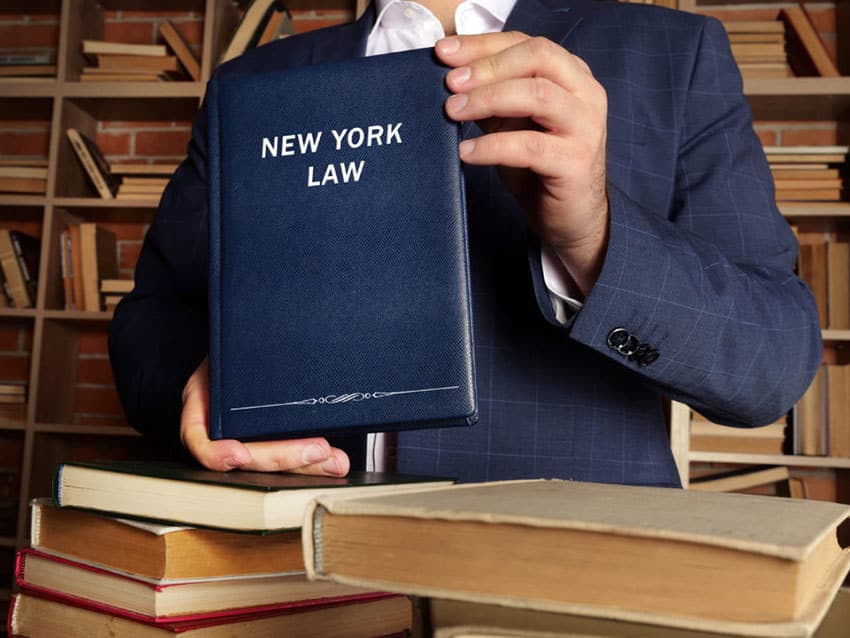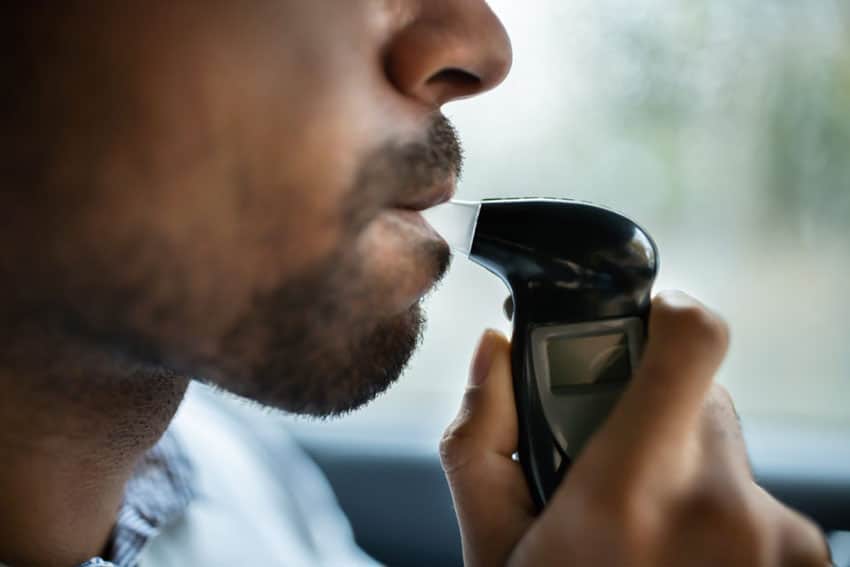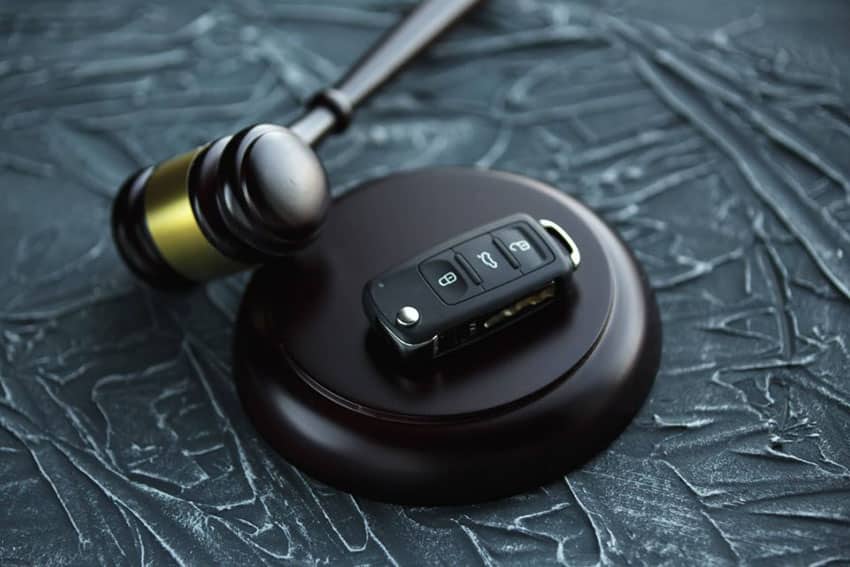Driving While Intoxicated (DWI) cases are highly complex, often hinging on the evidence collected during a traffic stop. One critical component of this evidence is the Standardized Field Sobriety Tests (SFSTs), which law enforcement officers use to determine whether a driver is impaired. For a DUI lawyer, obtaining SFST certification can be a significant advantage in defending clients accused of DWI. In this article, we’ll explore what SFSTs are, the phases of DWI detection, and how SFST training for lawyers can help challenge weak evidence in DUI cases.
What Does SFST Mean?
SFST stands for Standardized Field Sobriety Tests. These are a series of physical and cognitive tests administered by law enforcement to assess whether a driver is impaired by alcohol or drugs. The tests are designed to provide objective evidence of impairment, which can later be used in court to justify an arrest.
The three primary SFSTs include:
- Horizontal Gaze Nystagmus (HGN): This test evaluates the involuntary jerking of the eyes, which becomes more pronounced when an individual is impaired by alcohol.
- Walk-and-Turn (WAT): A divided attention task requiring the driver to walk in a straight line, turn, and walk back. Impaired drivers may struggle with balance or following instructions.
- One-Leg Stand (OLS): Another balance test where the driver must stand on one leg for a specified period, which can be challenging for intoxicated individuals.
DUI Training for Law Enforcement and Lawyers
While DUI training for law enforcement focuses on conducting these tests during roadside stops, SFST certification for lawyers allows them to understand the procedures and identify potential weaknesses in the administration of these tests. Defense attorneys with SFST training are better equipped to challenge the results of these tests if they were not administered correctly, potentially leading to the exclusion of key evidence in a case.
- FST DUI: Field Sobriety Tests (FSTs) are a critical part of DUI cases, and the results often influence the decision to arrest a driver.
- DUI SFTS Training for Lawyers: Lawyers who receive this specialized training can better analyze how the tests were conducted and whether the officer followed proper procedures.
The Three Phases of DWI Detection
DWI detection involves three critical phases that law enforcement officers follow to determine if a driver is impaired:
- Phase 1: Vehicle in Motion
- What is Phase 1 in DWI detection? This phase involves observing the driver’s behavior while the vehicle is moving. Signs of impairment may include swerving, speeding, or failing to obey traffic signals. If the officer notices any unusual driving patterns, they may decide to stop the vehicle.
- Phase 2: Personal Contact
- What is Phase 2 of DWI detection? During this phase, the officer interacts with the driver after pulling them over. The officer will assess the driver’s appearance, demeanor, and speech for signs of intoxication. They may ask questions and request that the driver perform certain tasks, like retrieving documents, to observe coordination and attention to detail.
- Phase 3: Pre-Arrest Screening
- What is Phase 3 of DWI detection? This is the phase where the SFSTs are administered. Based on the results of these tests, as well as other observations, the officer will determine whether to make an arrest. Proper execution of these tests is crucial, as errors can weaken the case against the driver.
The Benefits of SFST Certification for DUI Lawyers
For lawyers defending DUI or DWI cases, understanding the intricacies of DWI detection phases and how SFSTs are administered is essential for building a strong defense. By undergoing DUI SFTS training, attorneys gain insight into how these tests should be performed and how deviations from the standardized procedures can lead to inaccurate results.
- Challenging the Evidence: A lawyer with SFST training can effectively challenge the results of the tests if the officer failed to administer them correctly. For example, if the walk-and-turn test was conducted on uneven ground or if the officer provided unclear instructions, the test results may be unreliable.
- DUI Night Training: DUI cases often occur at night, when visibility is lower, and environmental factors can influence how the tests are administered. Lawyers with DUI night training are better prepared to analyze these factors and argue that they may have affected the test results.
DWI Detection and Training Workshops for Lawyers
DWI detection workshops and DWI training workshops are excellent opportunities for lawyers to become proficient in field sobriety testing. These workshops teach attorneys how law enforcement officers are trained to detect impaired drivers, giving them valuable insight into the procedures used during DUI stops.
- DWI Detection Guide: A comprehensive guide to DWI detection can serve as a vital tool for attorneys when reviewing their client’s case. Understanding each phase of detection and how it applies to their client’s arrest can help lawyers find weaknesses in the prosecution’s evidence.
Conclusion
Obtaining SFST certification as a DUI lawyer can provide a powerful advantage when defending clients accused of DWI. By understanding the DWI detection phases and how field sobriety tests are administered, attorneys can challenge weak evidence, potentially leading to a more favorable outcome for their clients. With specialized training, DUI lawyers can build stronger defenses, ensuring that their clients’ rights are protected throughout the legal process.
Whether it’s identifying procedural errors in the administration of the SFSTs or challenging the interpretation of the results, a lawyer with DUI SFTS training is well-equipped to handle even the most complex DUI or DWI cases.











